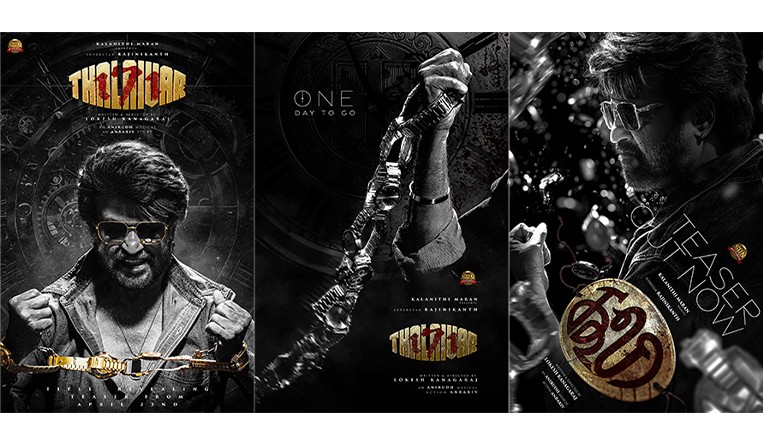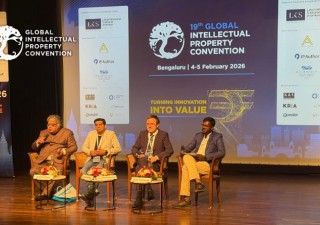Indian music composer cries foul over unauthorized use of song for upcoming flick Coolie
28 May 2024

Photo: Coolie (2025) - IMDb
-content_original.jpg)
Aditi Verma Thakur, Senior Partner, Ediplis Counsels, Bengaluru
Indian music composer Ilaiyaraaja has sent a copyright notice to Sun Pictures, the Chennai-based production studio behind the upcoming action flick Coolie. The composer alleged the studio had used his musical composition Va Va Pakkam Va in the film’s title teaser without seeking his permission. The song was originally featured in the 1983 movie Thanga Magan.
According to reports, the copyright notice stated that the filmmakers should get the composer’s permission to use the song; otherwise, they should remove it from the film’s promotional video. If the makers of Coolie fail to do so, Ilaiyaraaja will take legal action.
“In my opinion, Mr. Ilaiyaraaja’s claim that his permission to use his underlying works should have been sought by the makers of the film Coolie for reusing said works appears to be correctly placed,” said Aditi Verma Thakur, senior partner at Ediplis Counsels in Bengaluru.
She explained that according to India’s copyright act, the author of an underlying musical or lyrical work incorporated in or becomes part of a cinematograph film is the first owner of such underlying work. This was clarified by the lawmakers working on the 2012 amendments to the copyright law. The 2012 amendments added a proviso to Section 17, stating that the right and first ownership of an author of underlying work remains unaffected even when such work becomes part of a cinematograph film.
“To elaborate, Section 17 essentially provides for first ownership to the authors of works, except in certain cases. In such exceptional cases, first ownership and rights are vested with the commissioners of works – in case of certain work for hire relationships. Through the 2012 amendments, lawmakers clarified that the rights of authors to be first owners of their works that are incorporated as underlying works in cinematograph films are not covered by the exceptions provided in Section 17,” explained Thakur.
She added that as an author and first owner of the copyright in his underlying works, Ilaiyaraaja is also entitled to royalties from the movie directed by Lokesh Kanagaraj who is also a producer and screenwriter in India.
Thakur said: “Another provision was added to the copyright act which granted owners of underlying works an inalienable right to get a share of the royalties, on an equal basis, received from the assignee of such underlying work for any use thereof, except when said underlying work gets communicated to the public along with the cinematograph film in a cinema hall.”
Although these clarifications were embodied in the 2012 amendments, Thakur pointed out that most of the time, different views are taken for determining the rights of authors of underlying works considering copyright act provisions before and after the amendments.
“While some stakeholders believe that the rights of the authors of underlying works were introduced only through the 2012 amendments and are prospective in nature, the other significant point of view is that such author rights always existed in the copyright law and the 2012 amendments only clarified the situation,” said Thakur said. “Therefore, I believe that it is time for the lawmakers to bring in another set of amendments incorporating clear and crisp language in the Copyright Act – to avoid any misinterpretation of the law by the stakeholders as well as ambiguity in different judgments passed by different courts interpreting the same provisions.”
- Espie Angelica A. de Leon






